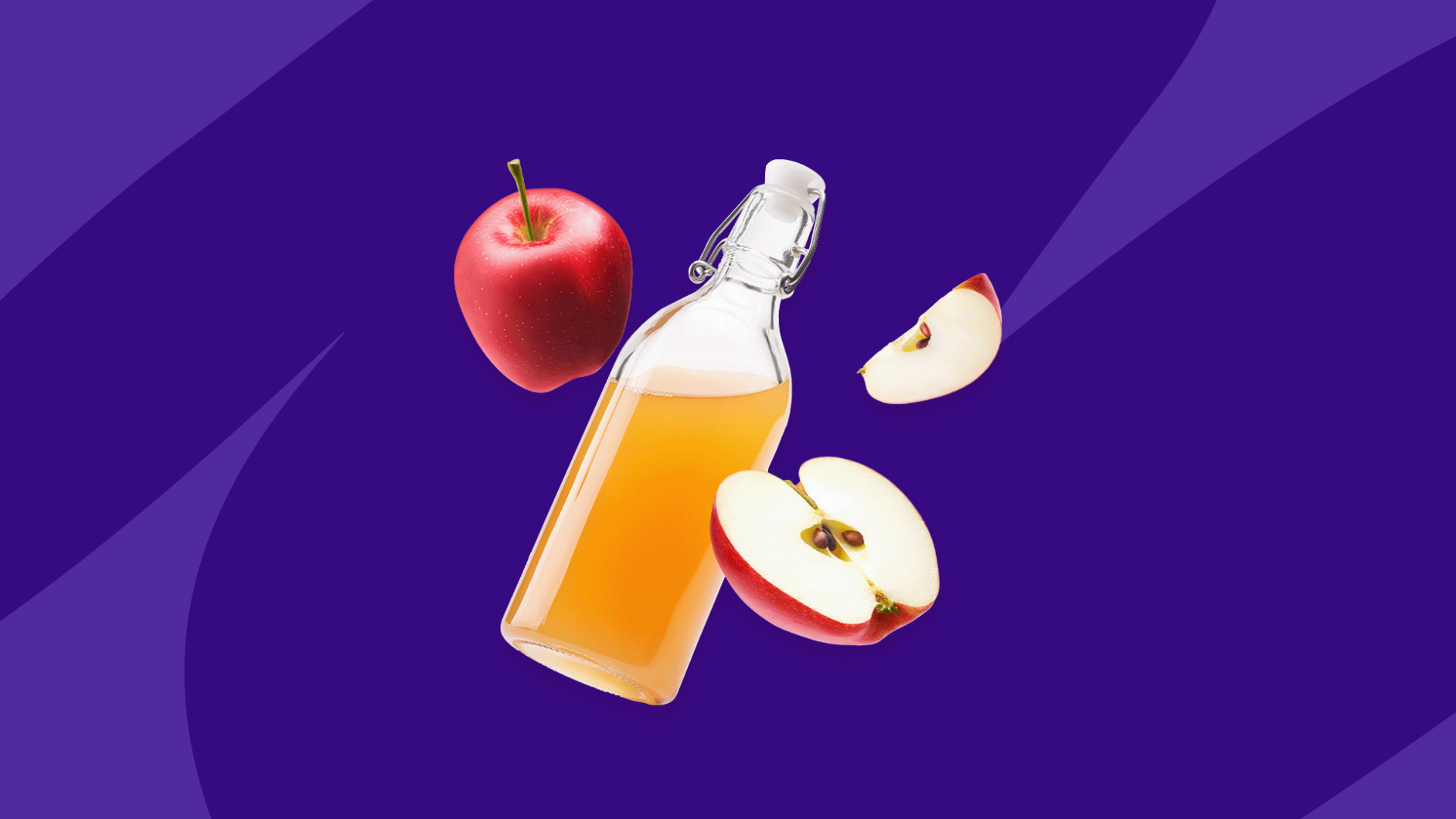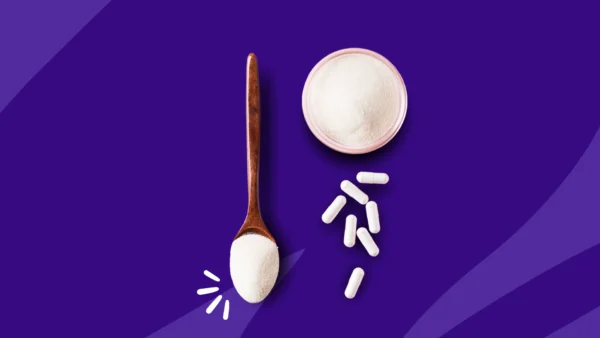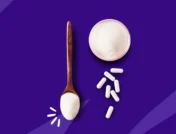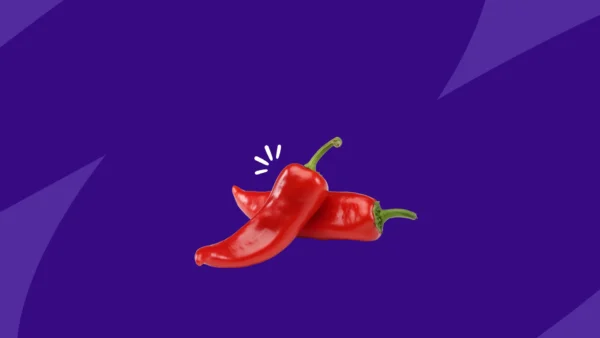When you have high blood pressure, it’s important to do what you can to bring it down to a healthier level, since people with high blood pressure have an increased risk of heart disease, heart attack, and strokes. If you’ve adjusted your diet, increased your exercise, reduced stress, and started an antihypertensive medication like propranolol or lisinopril but are still struggling to maintain a healthy blood pressure, consider adding one more treatment to your regimen: apple cider vinegar.
This seemingly random ingredient is touted as a superfood in recent years because a small-but-growing body of evidence suggests it may work wonders on physical health, decreasing acid reflux, lowering blood sugar, and aiding in weight loss. But can apple cider vinegar really do everything people say it can, including lowering blood pressure? Here’s what you need to know.
Is apple cider vinegar good for high blood pressure?
Apple cider vinegar (ACV) is a type of vinegar made from the fermented sugar of apples. It’s used in salad dressings, marinades, and other recipes thanks to its slightly sweet, tangy flavor and similar nutritional profile to apple juice. ACV is sold in two forms—with and without the “mother.” The “mother” is the bacteria created during the manufacturing process that turns the naturally occurring alcohol (created from the fermentation process) into acetic acid.
“Apple cider vinegar is an incredibly beneficial probiotic-rich health aid [and the “mother”] is full of beneficial bacteria for the gut microbiome,” says nurse practitioner and nutrition expert Cynthia Thurlow, author of Intermittent Fasting Transformation.
When ACV is sold without the “mother,” it has been filtered to give the vinegar a clearer and more appetizing appearance, but the “mother” bacteria gives ACV more beneficial health properties. If you’re buying liquid ACV in the hope of lowering your blood pressure, make sure you choose a brand that comes with this beneficial bacteria: It’s the probiotics and nutrients in the “mother,” along with the health benefits of acetic acid, that can improve your digestive, immune, and cardiovascular systems.
As for whether or not ACV can actually induce a significant reduction in blood pressure, the data is mixed. Research is limited but generally positive, says Kimberley Wiemann, MS, RDN, a Long Island-based dietitian. She points to a 2022 review of randomized controlled trials suggesting that for every ounce of apple cider vinegar consumed, both diastolic and systolic blood pressure could be decreased by over three points. Keeping in mind that most people with high blood pressure routinely exceed the normal healthy range by 10-30 points, ACV’s benefit acts as a minor helper.
At the same time, many experts are hesitant to assign too many superpowers to ACV since the research is still so minimal; many of the studies performed have been on small populations or on rats rather than humans.
It’s also important to know that while ACV is often sold as a nutritional supplement in many forms, including liquid, tablet, and capsule, it’s not regulated by the FDA. Manufacturers can include as much or as little of the beneficial ingredients as they want.
“It’s important to look at the doses to make sure you’re not overdoing it on the vinegar intake,” says Jeanette Kimszal, a registered dietitian at Thyroid Nutrition Educators.
Benefits of apple cider vinegar
Although ACV isn’t a cure-all for serious health conditions like hypertension, heart disease, or diabetes, it seems likely that it does have some properties that could make it a helpful addition to an otherwise healthy lifestyle and diet—such as these potential benefits.
Maintain healthy blood pressure
According to Kimszal, ACV contains small amounts of enzymes, antioxidants, amino acids, and healthy bacteria, which can decrease oxidative stress, increase nitric acid, and help regulate blood pressure.
The acetic acid in ACV, adds Kimszal, has been shown to lower the activity of a blood pressure-altering hormone called renin in some animal studies, but it’s unknown if it has the same effects in humans.
In other words, chugging a shot glass of ACV won’t lower your blood pressure immediately nor will it lower it much. The little evidence of ACV’s blood-pressure-lowering effect comes from consuming a certain amount daily, over the course of several days and weeks, though this has primarily only been seen in rat studies.
Lower blood glucose
There is a little more evidence that ACV helps lower blood glucose, which is beneficial to heart health; having consistently high levels of blood sugar can stress your blood vessels, making your heart work harder and increasing the risk of hypertension. “Apple cider vinegar is believed to lower blood glucose,” says Wiemann, noting that a 2022 study found consuming ACV with meals lowered blood glucose levels by 20%.
Lower cholesterol
Cholesterol also plays a key role in keeping blood pressure levels low. In a similar way to blood glucose, high cholesterol levels for decades can stress the heart by forcing it to pump harder and trigger hypertension.
Kimszal points to two studies suggesting the daily consumption of ACV may lower cholesterol: one that studied the effect of 30 mL of ACV for eight weeks and one that studied 15 mL of ACV for two weeks. In both, blood lipid levels were lower at the end of the study.
Assist with weight loss
This one is a long game: Consuming ACV with meals may help you eat a little less by suppressing your appetite, says Kimszal—and people who maintain a healthy BMI are less likely to have hypertension. However, both of our experts warned against using ACV as a “quick fix” or “silver bullet” for weight loss, noting that sustainable weight management comes from a balanced healthy diet and regular exercise. Basically, ACV may be helpful as a part of a weight loss diet, but it shouldn’t be your only strategy.
How to use apple cider vinegar to lower blood pressure
If you’re willing to try supplementing with ACV to lower your blood pressure, it’s likely safe to do so (with some caveats). But it’s important to understand that there are no official dosage recommendations about how much to consume or when.
It doesn’t matter what time of day you consume ACV if your goal is to lower blood pressure, and studies have looked at consuming anywhere from one to five tablespoons daily, with varying results. “Generally, taking four teaspoons, or 20 mL, of apple cider vinegar before meals has been shown to significantly reduce blood sugar levels after eating,” Kimszal says.
Note, however, that this is about lowering blood sugar, not blood pressure—while lowering blood sugar can assist with lowering blood pressure in the long run, it’s not a direct cause and effect.
Be careful with ACV as it is very acidic and can irritate your mouth, teeth, throat, and stomach. Kimszal says some of the best ways to consume ACV daily include:
- Diluting it in an eight-ounce glass of water
- Adding it to homemade salad dressings and marinades
- Adding a teaspoon to teas, smoothies, and protein shakes
In general, you should be able to consume ACV daily even if you take blood pressure medications—in fact, it may even be a good idea. A 2016 study found the combination of ACV and the blood pressure medication Procardia XL to lower blood pressure in rats better than ACV alone.
Still, check with your healthcare provider before adding a supplement to your diet when you’re on prescription drugs.
Side effects of apple cider vinegar
Drinking raw ACV is mostly safe but can have some side effects. It can irritate your esophagus and erode tooth enamel, says Kimszal, and may causel stomach upset.
More seriously, ACV can lower potassium levels, an effect that may be increased if you take other medications designed to lower your potassium levels, such as digoxin or diuretics. Potassium is an important electrolyte in the blood that needs to remain in the normal range. This is because potassium helps conduct electricity in the cardiac cells and helps your heart beat correctly. If you take potassium-lowering drugs, talk to your healthcare provider before consuming ACV to make sure your levels don’t drop too low. You should also be mindful of consuming ACV if you have diabetes or take insulin.
“The combination of insulin and large amounts of apple cider vinegar may decrease potassium levels, [which] can cause insulin levels to go too low,” says Kimszal. “Apple cider vinegar may lower blood sugar levels, so the combination of diabetic medications and ACV could cause a significant drop in blood sugar.”
Finally, Wiemann says that taking ACV may cause delayed stomach emptying, which could be a concern for people with diabetes who take insulin because it could be difficult to time it properly.
The bottom line
It’s possible that consuming a few teaspoons of ACV every day could lower your blood pressure slowly over time thanks to some beneficial nutrients and probiotic bacteria. However, the consumption of ACV has not been well-studied in humans, especially as it relates to blood pressure, so it’s important to continue treating your hypertension with other lifestyle changes and medication. Only use ACV as an additional tool in your toolkit.
If you’re at risk for high blood pressure, it’s important to see a healthcare provider. Typically, there aren’t “signs” of hypertension unless you’re in a hypertensive crisis. To be diagnosed with hypertension, you need two elevated readings (spaced more than eight hours apart). You can easily check your blood pressure with a home cuff, at a healthcare provider’s office, or at an equipped pharmacy.
“We like to see a BP under 120/80, [but] stage one hypertension is 130 to 139 for systolic and 80 to 89 for diastolic,” says Thurlow. “One higher than normal reading isn’t cause for alarm, but three documented, independent readings that are above the 130/80 range [can confirm] a diagnosis in most instances.”











